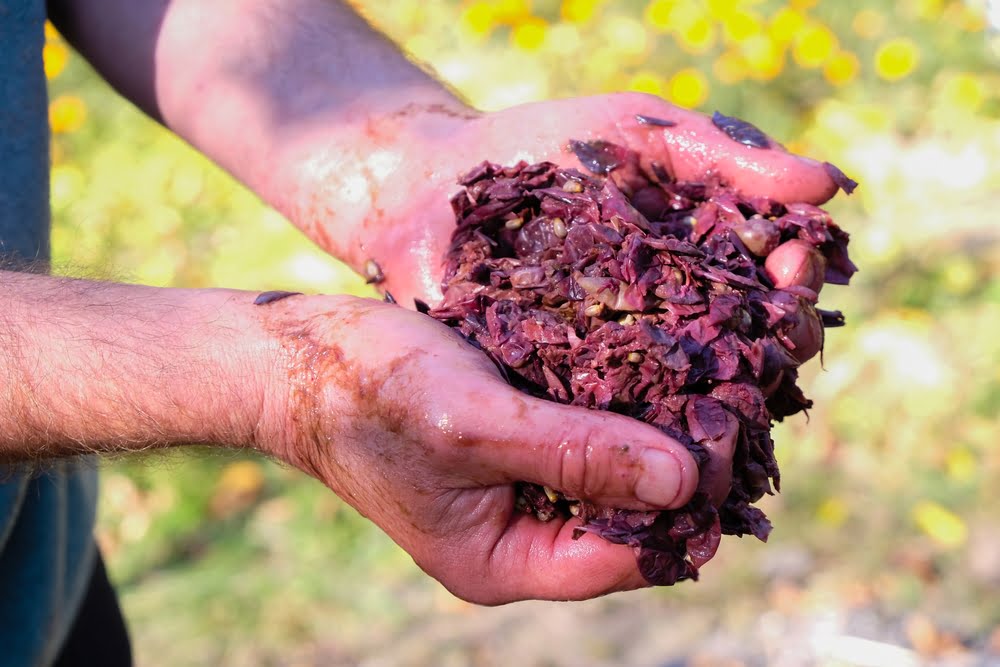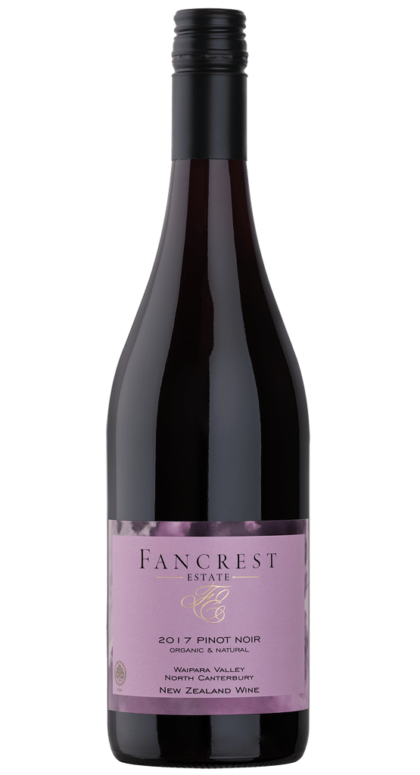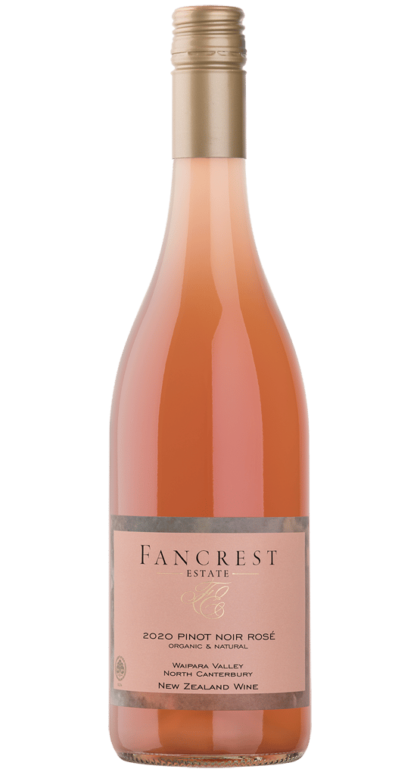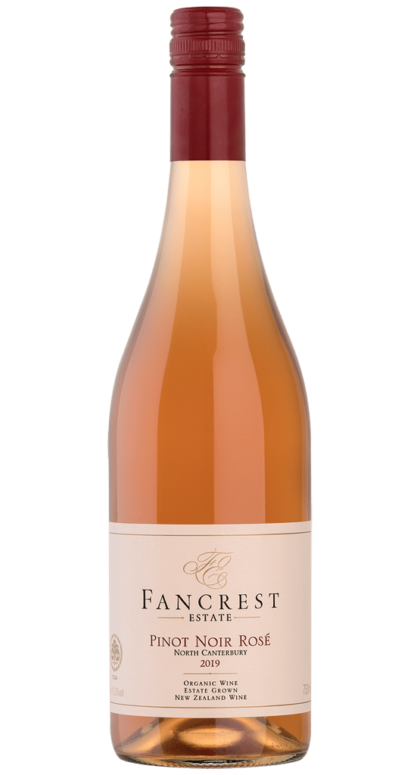Health Benefits of Pinot Noir
H e a l t h B e n e f i t s o f P i n o t N o i r

Resveratrol
The debate on whether drinking red wine is good is ongoing. It's thought that the health benefits associated with drinking red wines are mainly associated with a powerful antioxidant called resveratrol. Resveratrol might help prevent damage to blood vessels, reduce low-density lipoprotein (LDL) cholesterol (the "bad" cholesterol) and prevent blood clots. To be fair, other studies found no benefits from resveratrol in preventing heart disease, suggesting more research is needed.
Role of Resveratrol in Cancer
Research also suggests that resveratrol might inhibit the growth and formation of some cancerous tumors. It does this by destroying free radicals, which make it easier for cancerous cells to form. Red wine is being studied for its potential to prevent leukemia, skin cancer and breast cancer. Wine appears to be particularly beneficial for men. One glass of red wine a day can reduce a man's risk of prostate cancer by 50 percent, according to the US National Cancer Institute.
https://lagar.vamtam.com/wp-content/uploads/2020/04/wine-video.mp4
How does Pinot Noir stack up?
The level of resveratrol in red wines varies widely. However, cool climate Pinot Noir, like from the South Island of New Zealand, is more likely to deliver high levels of resveratrol than other varietal red wines.
Resveratrol is a compound in the class of polyphenols. It is naturally produced by grape plants to protect grapes from fungal infection. It’s found in the skin of the grapes. Red grape varieties grown in cool regions prone to high levels of humidity during the period between veraison and harvest, are more prone to fungal damage from powdery mildew and botrytis and will naturally produce higher levels of resveratrol than red grapes grown in drier regions. Thin skinned varieties like Pinot Noir are even more vulnerable to being attacked by fungal diseases, so will tend to produce even higher levels of resveratrol.
Wine is one of the most civilized things in the world and one of the most natural things of the world that has been brought to the greatest perfection, and it offers a greater range for enjoyment and appreciation than, possibly, any other purely sensory thing.
Ernest Hemingway
Tweet
Mental Health
Light to moderate wine consumption also appears to reduce the risk of developing dementia. A study published in 2016 in Nutrition and Aging, states that the antioxidants catechin, quercetin and resveratrol are responsible for the neuro-protective effects. Another study, published in the journal PLOS One looked specifically at the effect of resveratrol on cognitive function in mice, concluding that the flavonoid deserves further research on its effect on cognitive aging.
Decreased Risk of Metabolic Syndrome
In the same Annals of Internal Medicine study, the red wine drinkers were the only group of the three to see a decrease in components of metabolic syndrome, which is a cluster of conditions that increase the risk of heart disease, stroke and diabetes. Another study, published in 2015 in the British Journal of Nutrition, also analysed the effect of drinking red wine on risk of metabolic syndrome. Researchers concluded that moderate red wine consumption is associated with a lower prevalence of metabolic syndrome, particularly in women, those younger than age 70 and those who are current or former smokers.

Risk of Overconsumption
A woman’s body processes alcohol, including wine, differently than a man’s body. This means women get drunk more quickly and show signs of liver damage earlier. One serving of wine which is less than 150ml is the limit for healthy consumption.



